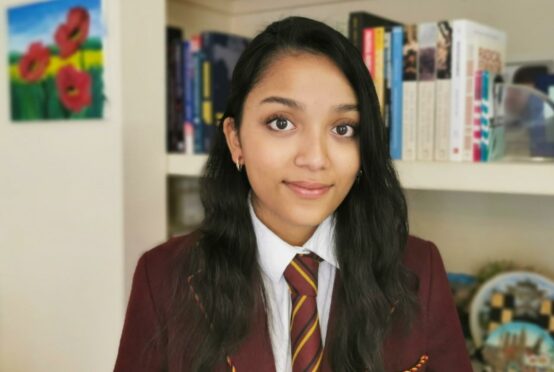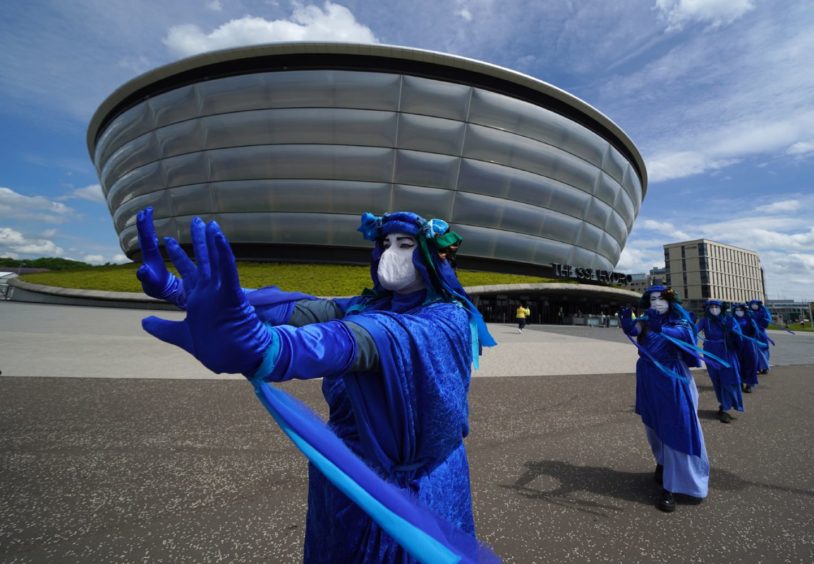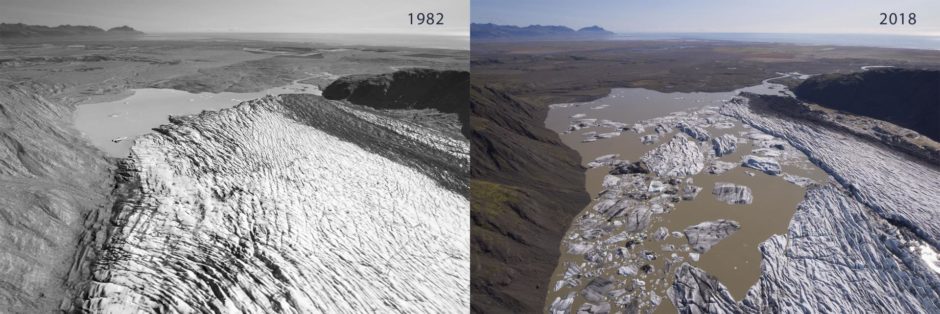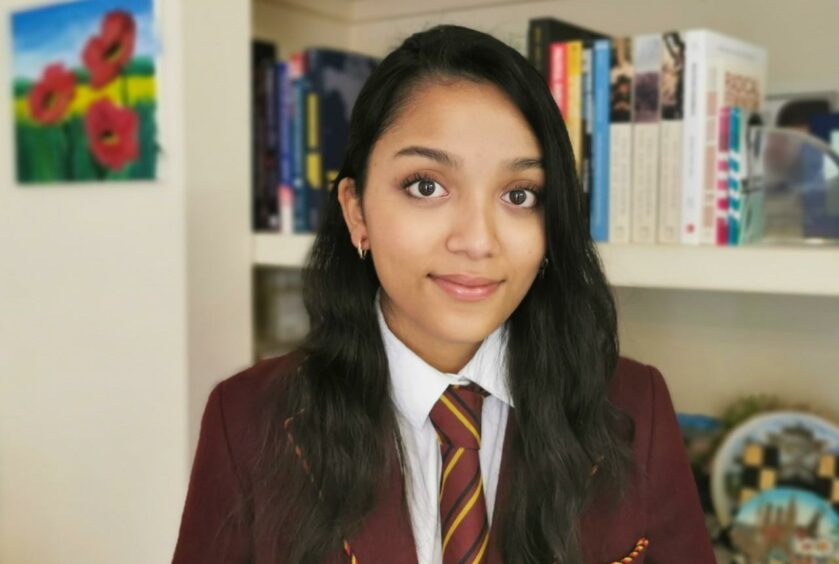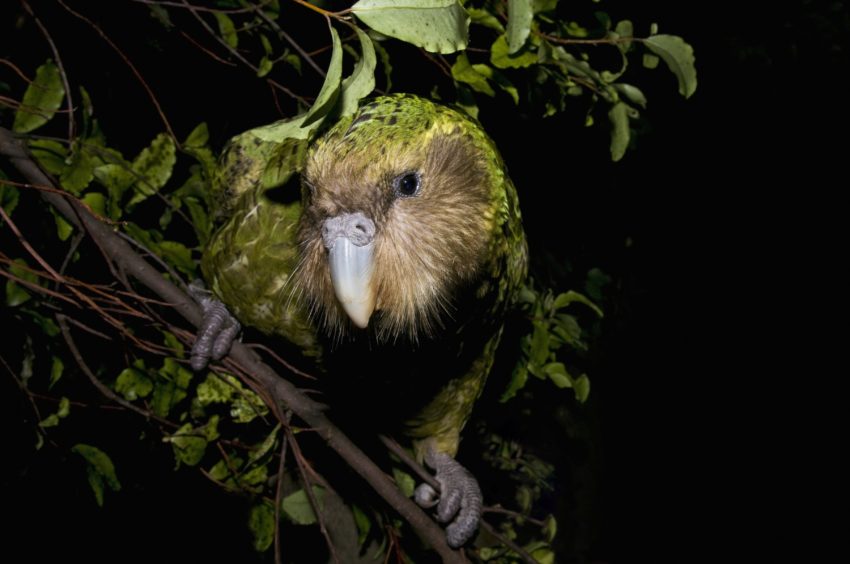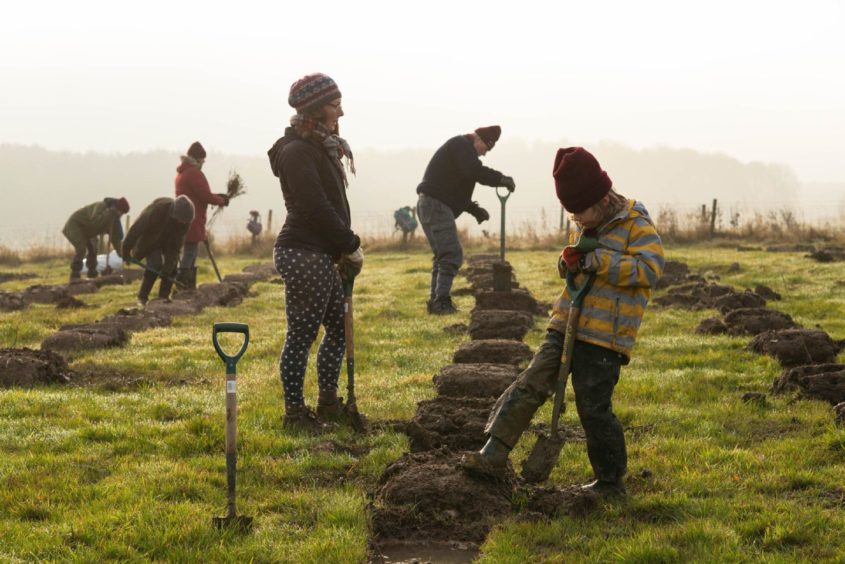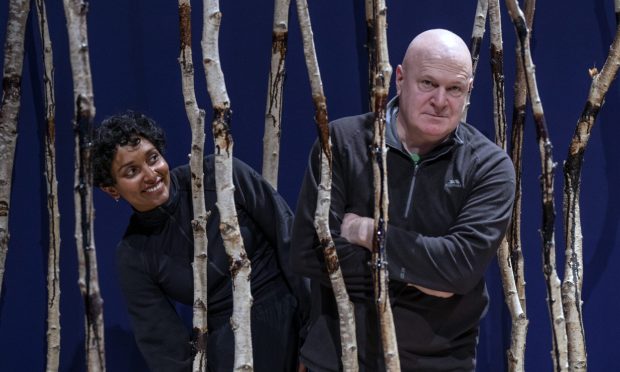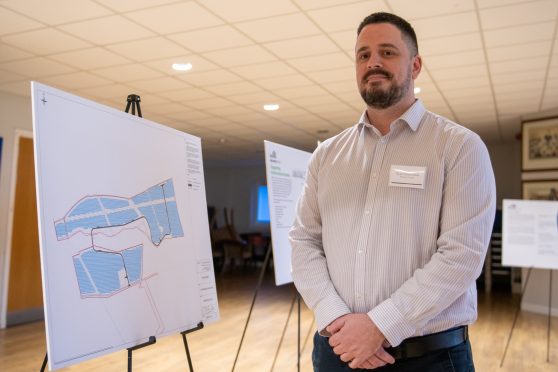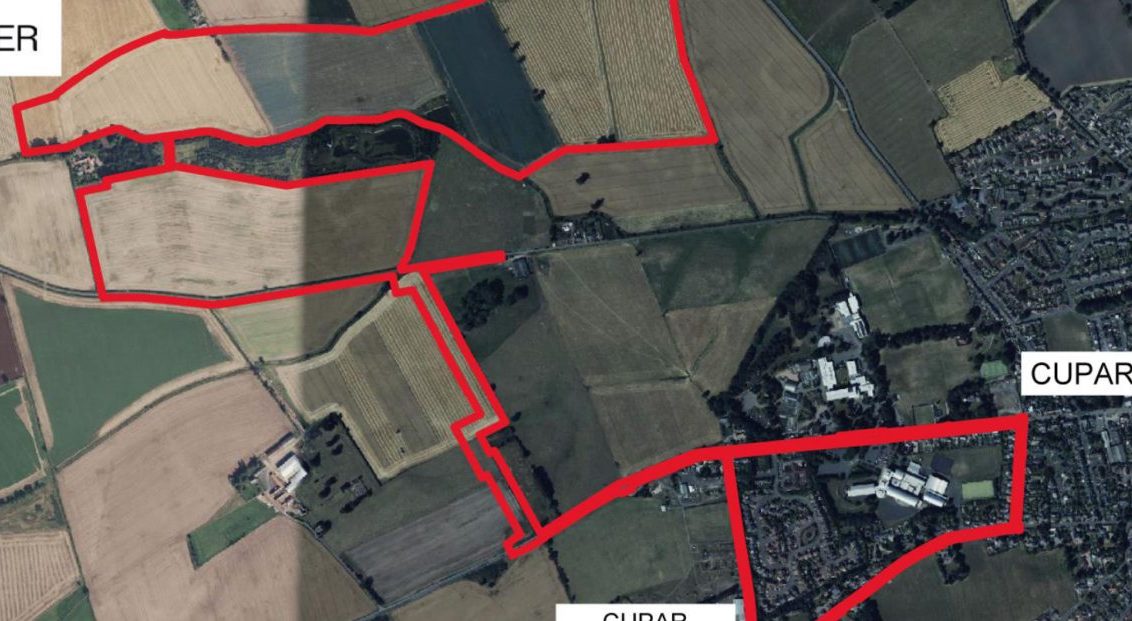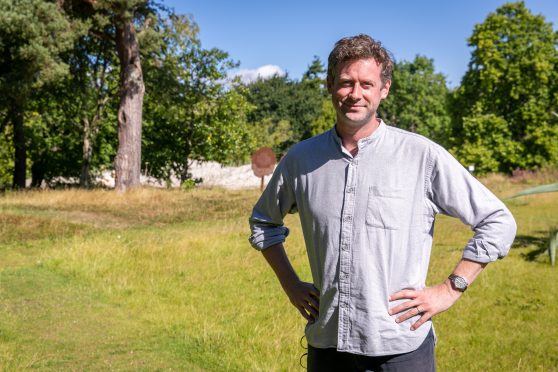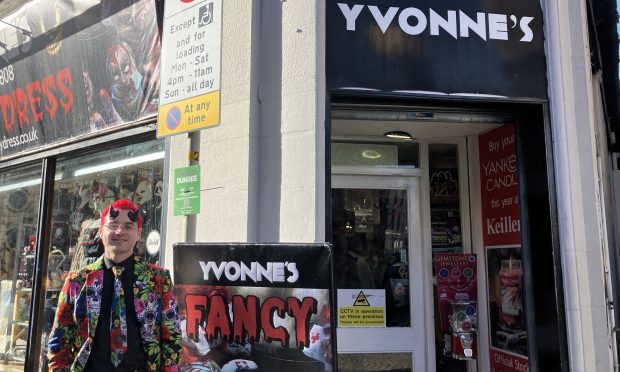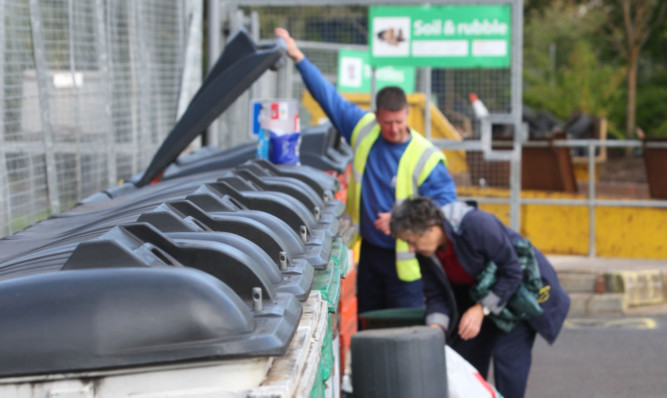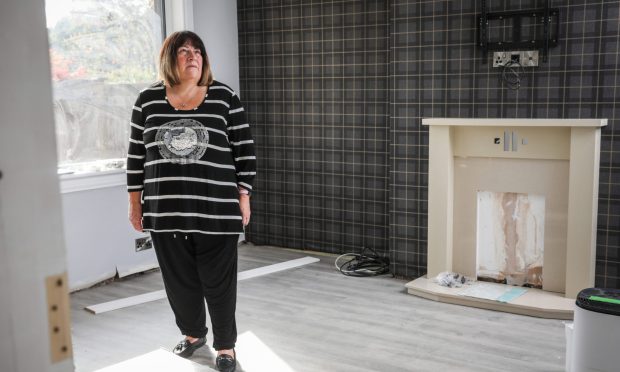As a new IPCC report warns of irreversible climate change and Scotland prepares to host the COP26 summit, 13-year-old Lavinia Ismail, an S3 student at Harris Academy in Dundee, explains why we all need to act now
Right here, in Scotland, we are hosting COP26.
All the world’s governments will gather in Glasgow in November and plan to work together to help and encourage countries affected by climate change to protect and restore their ecosystems.
They will aim to minimise the loss of homes, livelihoods, and even lives, establish defences, warning systems, resilient infrastructure and agriculture.
If I’m being honest, I didn’t know anything about this a few months ago but now I realise how important it is to understand and do something about it.
For those who don’t know or have heard of it but are still confused the simple definition of climate change – otherwise known as global warming – is the process of our planet and home (Earth) heating up.
Impact of Covid-19
COP26 was supposed to happen last year but, due to Covid 19, it was postponed.
The coronavirus affected everyone and made a lasting impact on us.
On the most part, Covid was not a positive thing but it did make an impact on the climate.
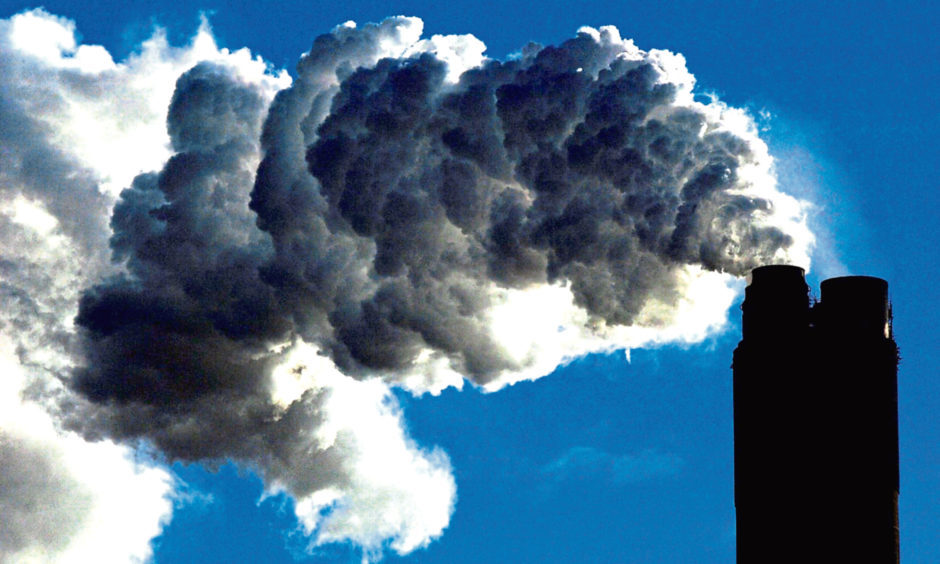
Carbon emissions were reduced by 17% at their peak thanks to lockdowns in early 2020 because we didn’t use transportation or go abroad.
Carbon emissions mean the release of greenhouse gases that trap heat in the atmosphere and warm up the planet.
One of the main causes of climate change is the use of fossil fuels, particularly coal and oil.
Our world depends on fossil fuels since they power almost everything that we use every day.
We use them for our cars and other vehicles, power industry and manufacturing, and for heating our homes and for many more things.
Fossil fuels are very helpful to us but there is a huge downside to their use.
When fossil fuels are burned, carbon dioxide as well as other greenhouse gases are released, trapping heat in the atmosphere.
They are the leading cause of global warming.
Threat to all
Climate change is the biggest threat to the planet right now.
It is threatening the places, people and especially the animals that we adore.
In 2020 due to climate change, we have had to say goodbye to the golden bamboo lemur, the European hamster, the spined dwarf mantis, the splendid poison frog and so many more exotic animals.
They are part of the proof that climate change is real.
So are the images coming from places like Turkey that are currently on fire.
Since the late 1800s, the Earth’s average surface temperature has risen by about 1.8°F (1.0°C).
One of the most beautiful countries, Greenland, lost an average of 279 billion tonnes of ice every year between 1993 and 2019, while Antarctica has lost roughly 148 billion tonnes per year.
Climate change hasn’t affected Scotland, the place where I was born and raised, too much compared to the other countries.
Climate change impact on South Asia
However, my ancestors are from Bangladesh, which is in South Asia.
Bangladesh is very vulnerable to climate change because of its location.
Flooding, droughts and heat have increased a lot and climate change will only worsen the current problem there.
Melting of glaciers and snowpack in the Himalayas, has already swollen the waterways that flow into Bangladesh.
My own research predicts a three-foot rise in sea level would submerge almost 20% of the country and displace more than 30 million people.
There is all this evidence yet some people still say climate change is fake.
We are losing critical parts of the planet and it’s threatening our food and our water, but people still aren’t making any changes.
One in seven bird species are endangered.
So are sharks and tunas. About 80% of the fish we eat has been overexploited or is entirely exploited. If we continue to fish at our current rate, all edible fish will be extinct by 2050.
Because of us, our animals are facing death and the crisis is getting worse.
The sea level keeps rising so our valuable sea turtles could lose their beaches. The glaciers are melting making polar bears homeless and in danger.
We have caused major droughts, storms and heatwaves, which are destroying the animals’ homes.
Because of climate change, about a quarter of Bangladesh might go completely underwater which may destroy my very own ancestors’ homes there.
But with our collective commitment we can reverse all of this, and I want to believe we can make a difference and change our future.
